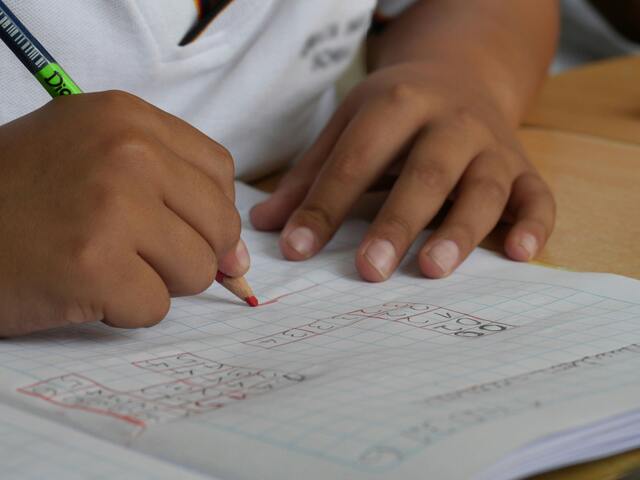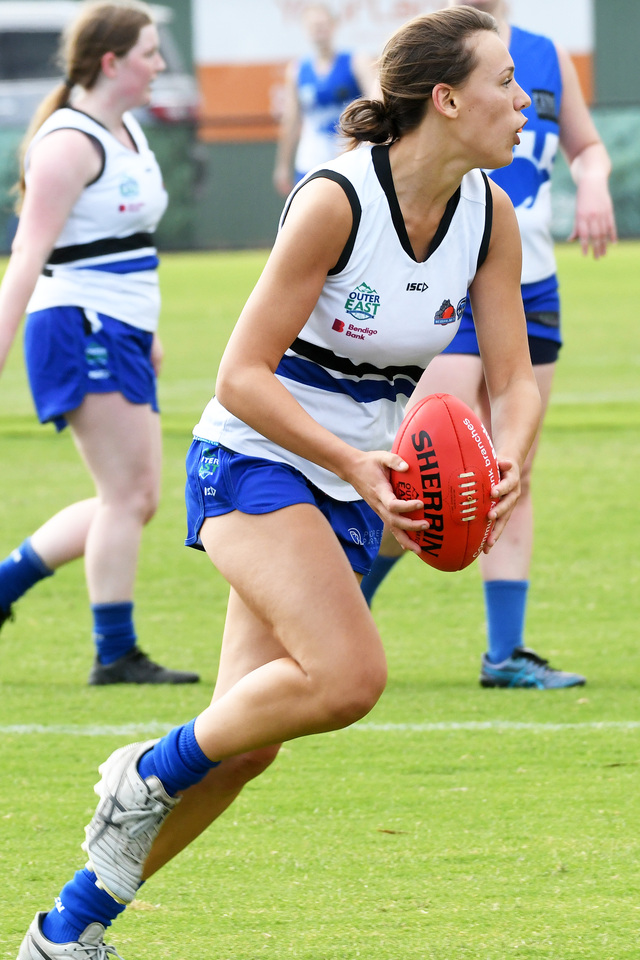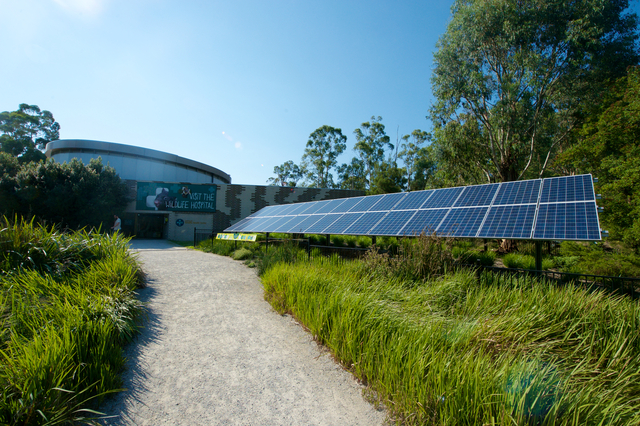By Kath Gannaway
The long tradition of thoroughbred training at the Yarra Glen racecourse will be consigned to the history books unless trainers can turn around the decision, which is supported by Yarra Valley Racing Club (YVRC), Racing Victoria Ltd (RVL) and Country Racing Victoria (CRV).
While veteran trainer Carol Heffernan is reluctantly resigned to the decision, giving 100-to-1 odds on any back-flip, other trainers have vowed to fight what they say will signal the end of the grassroots industry in the Yarra Valley.
The final blow to training came after the $450,000 sand training track was washed away in September.
The YVRC argues that five subsequent floods would have wrought the same damage had the track been restored, and claim providing training facilities is not viable.
Top Yarra Glen trainer Shane Nichol relocated to Mornington earlier this year, but according to 30-year A Grade veteran trainer Shane Halse, that’s not an option for most of the valley’s smaller trainers.
Mr Halse said he had gone from eight or nine horses in training to just two since the track was washed away and said some trainers were travelling every day to Cranbourne and Seymour to train.
“That sort of regime is just not feasible and people will either have to move away, or give up training,” he said.
He said the loss of trainers would affect the whole region in terms of local feed and transport businesses and employment.
Ms Heffernan said she had been training at Yarra Glen for 15 years and would reassess whether she would relocate after 12 months.
“It was a hard decision but I feel it’s more important to get the track up and going, then maybe they can consider our training facilities,” she said.
YVRC CEO Brett Shambrook told the Mail that while the club understood it was a disappointing outcome for trainers, circumstances dictated it was an economic reality.
He said under the five-year training plan which the club had fought hard, there was no ongoing funding.
“What we got was all we were going to get so it was up to the club then to finance any future capital works relating to training,” he said.
He said the club’s priority had to be to survive as a racing venue.
The club is lobbying for a full reconstruction of the track to address in part the flood problems, a project estimated at around $3 million.
“If you don’t have a race track and are not running meetings, the race club doesn’t exist,” Mr Shambrook said.
“As a club we are not financially better off by losing the training. It’s not an easy option for us to just accept this, but we are realists and we know we need to survive as a race club,” he said.
RVL and CRV last week supported the decision, saying their aim was to get the club back as a premier country racing venue.
Pain of training
Digital Editions
-

‘Worrying’ student test results spur fresh funding plea
Stagnating literacy and numeracy levels have fuelled calls for an urgent increase in funding as test results reveal about one-tenth of students need help to…





